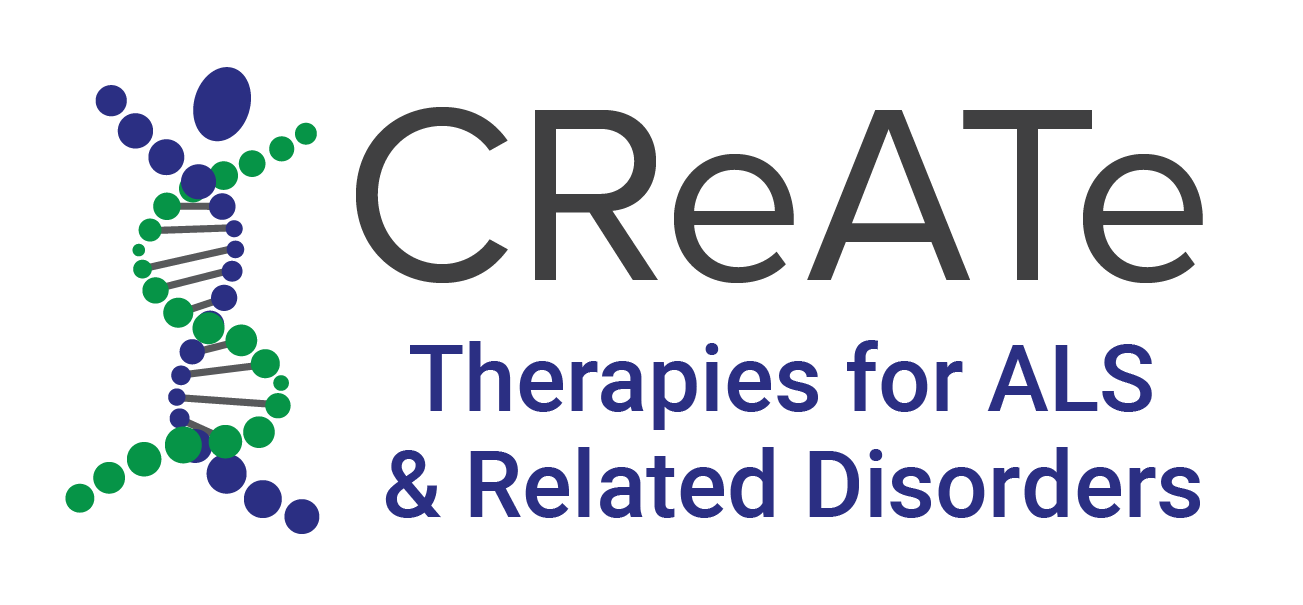Research Studies
How do I learn more about current open studies?
Below you will find a list of current studies. Clicking on the link will take you to the study summary, which will provide you with all the important details for each study.
How do I participate in a study?
Each study summary provides a list of hospitals or clinics where the study is being run. Using the contact information provided, you may contact any of these facilities in order to request participation in a study.
Showing All Ongoing CReATe Studies
Recruiting
8002: Clinical Procedures to Support Research in ALS (CAPTURE-ALS)
The purpose of the Clinical Procedures to Support Research in ALS (CAPTURE-ALS) study is to utilize information collected in the medical record to learn more about a disease called amyotrophic lateral sclerosis (ALS) and related disorders.
Closed to Recruiting
8007: Study of ALS Reversals 2: Genetic Analyses (St.A.R. Protocol 2)
The purpose of the St.A.R. 2 study (Study of ALS Reversals 2: Genetic Analyses) is to try to understand why reversals of amyotrophic lateral sclerosis (ALS) and primary muscular atrophy (PMA) take place. The study will be enrolling patients with ALS and/or PMA reversals to give saliva samples in order to determine if the ALS or PMA reversal is because of certain changes in the genetic code.
8009: TRIAL READY
This study, being conducted under the auspice of the CReATe Consortium, will enroll patients with ALS and related disorders as well as healthy controls, with the goal of facilitating clinical validation of leading biological-fluid based biomarker candidates that may aid therapy development for patients with ALS and related disorders.
8011: Phenotype, Genotype and Biomarkers 2 (PGB2)
The purpose of this study is to learn more about amyotrophic lateral sclerosis (ALS) and other related neurodegenerative diseases, including frontotemporal dementia (FTD), primary lateral sclerosis (PLS), hereditary spastic paraplegia (HSP), progressive muscular atrophy (PMA) and multisystem proteinopathy (MSP). More precisely, the investigator wants to identify the links that exist between the disease phenotype (phenotype refers to observable signs and symptoms) and the disease genotype (genotype refers to your genetic information). The investigator also wants to identify biomarkers of ALS and related diseases.

